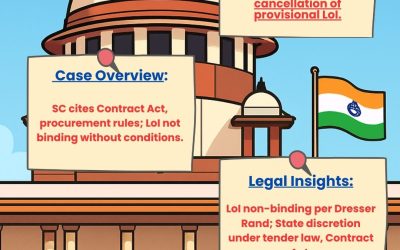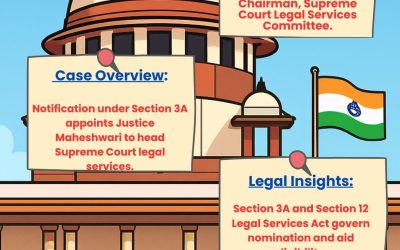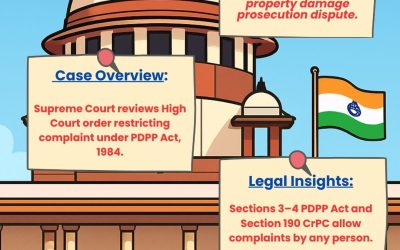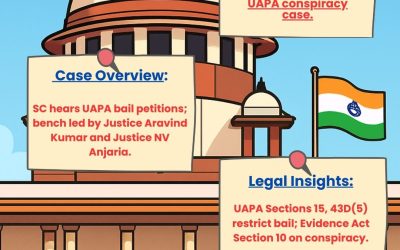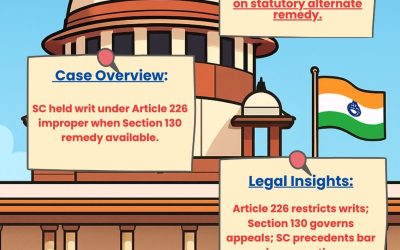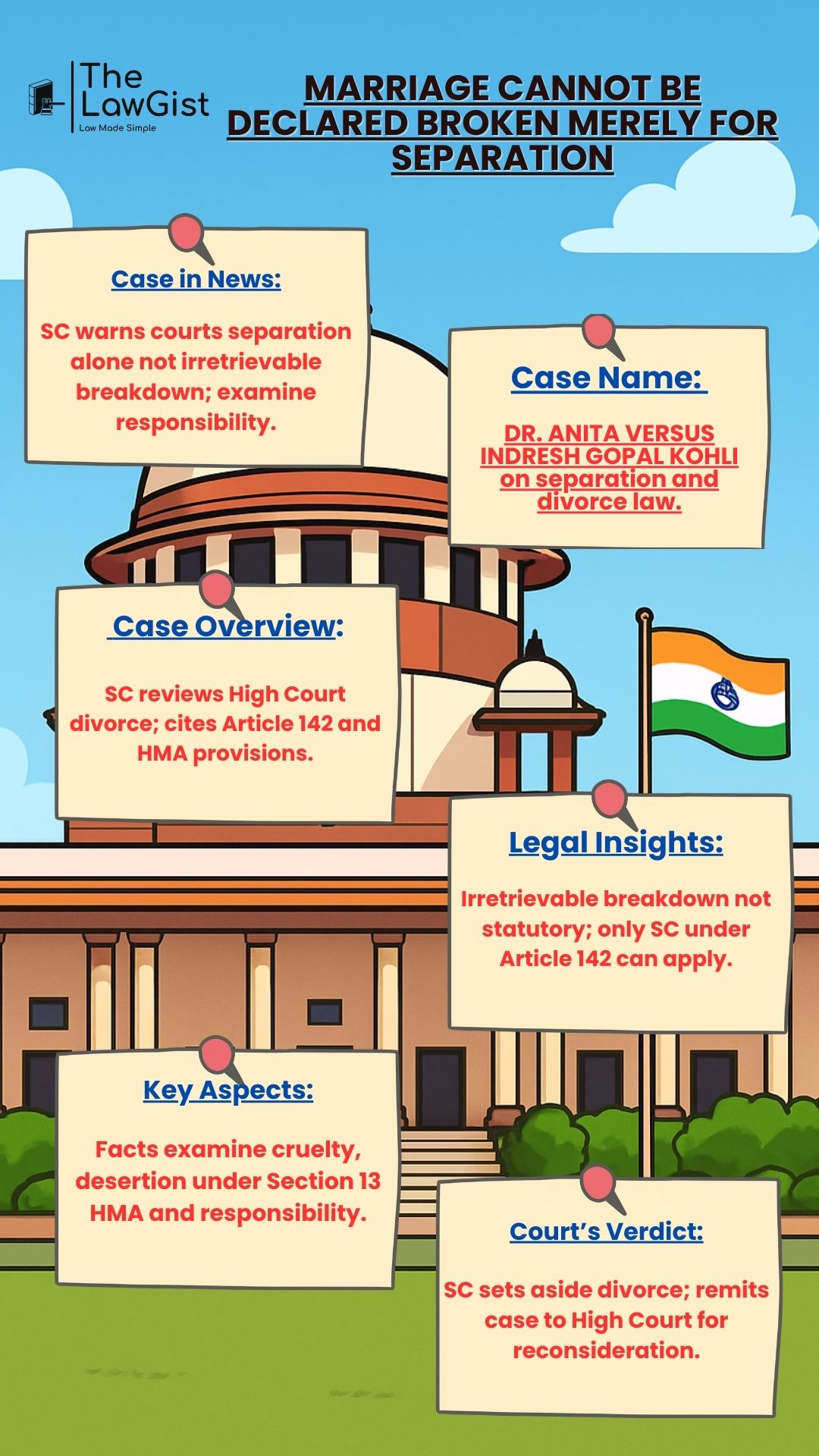
Supreme Court ruling clarifying that long separation cannot alone justify irretrievable breakdown of marriage and directing courts to assess responsibility for marital separation.
Case in NewsMarriage Cannot Be Declared Broken Merely for Separation reiterated by the Supreme Court . |
Discover powerful Latin Maxims and simplify complex legal terms in seconds.
Case Overview
Case Name: ANITA vs. INDRESH GOPAL KOHLI
A bench of Justice Surya Kant and Justice Joymalya Bagchi of the Supreme Court examined whether the couple’s long separation could automatically be treated as Irretrievable Breakdown Of Marriage . The wife claimed she was forcibly ousted from the matrimonial home, while the husband sought divorce on cruelty . The Uttarakhand High Court granted divorce solely due to their prolonged separation, prompting the wife to appeal .
Step into the world of justice with Courtroom Chronicles
Key Aspects
Before identifying the factual issues, the Supreme Court emphasised that separation alone cannot conclude a marriage has collapsed . Courts must thoroughly analyse the circumstances leading to separation, the conduct of both spouses, and the welfare of the child . This detailed scrutiny ensures fairness and prevents misuse of the concept of irretrievable breakdown .
- Whether the appellant-wife was thrown out of the matrimonial home or she voluntarily deserted the husband .
- Whether withdrawal of the first divorce petition bars filing a second petition based on the same cause of action .
- Whether the husband committed cruelty by refusing cohabitation and denying the wife and minor child emotional and financial support .
- Whether long separation alone can justify treating the marriage as Irretrievable Breakdown Of Marriage .
Legal Insights
The Court reiterated that legal grounds for divorce must strictly emerge from statute . It highlighted that irretrievable breakdown is not a statutory ground under the Hindu Marriage Act, 1955, and can only be invoked by the Supreme Court under Article 142 of the Constitution in exceptional cases .
- Section 13(1)(ia), Hindu Marriage Act, 1955 – cruelty as a ground for divorce .
- Section 13(1)(ib), Hindu Marriage Act, 1955 – desertion must be wilful and proven through cogent evidence .
- Article 142, Constitution of India– Supreme Court’s special power to dissolve marriage on irretrievable breakdown (not available to High Courts or Trial Courts) .
- Duty of courts to thoroughly evaluate evidence, social background and impact on children before concluding breakdown .
Court’s Verdict
The Supreme Court held that courts cannot assume that marriage has broken merely because spouses live separately . It ruled that the High Court ignored the wife’s plea that she was forced out . Accordingly, the divorce decree was set aside and the matter was remitted to the High Court for fresh adjudication .
Source – Supreme Court of India
Read also – Constitution of India
The LawGist ensures exam success with quality notes—TPL, Current Affairs, Recent Judgments, and more. Backed by trusted resources and videos, The LawGist is every aspirant’s first choice.


